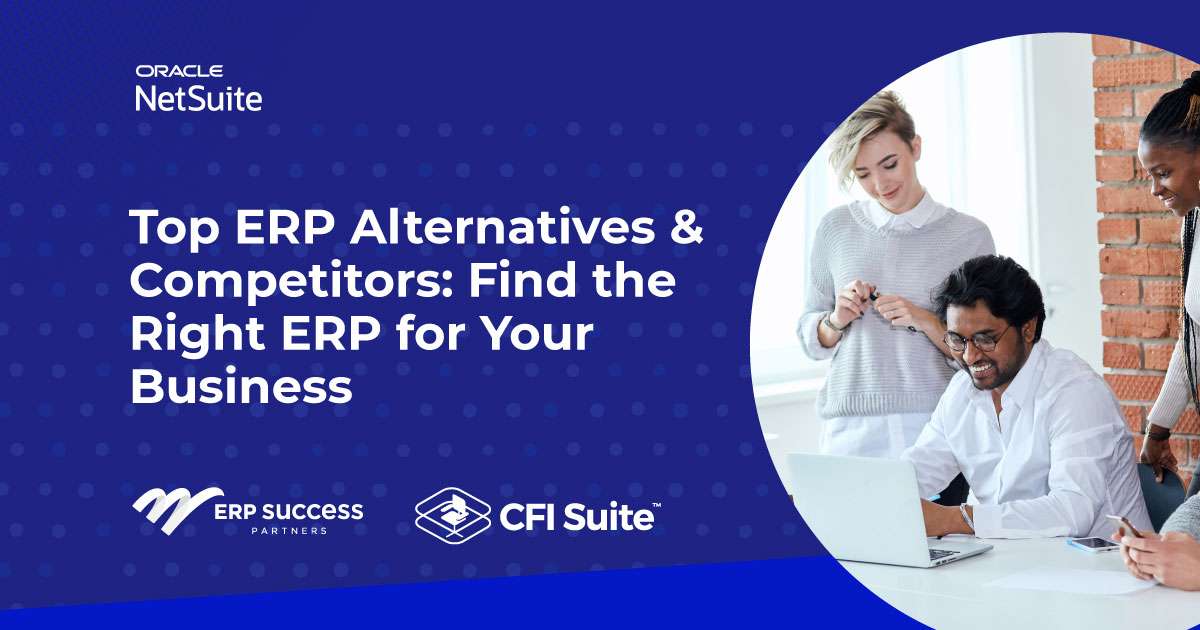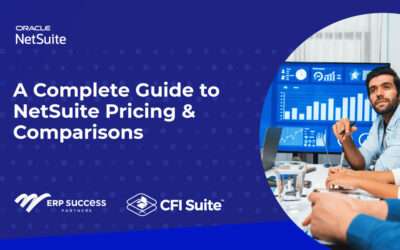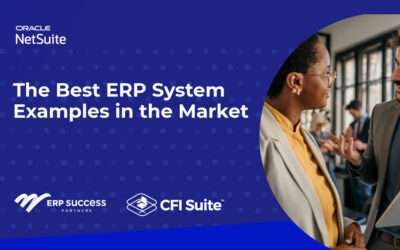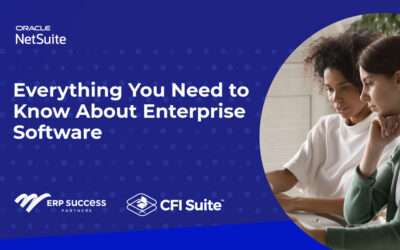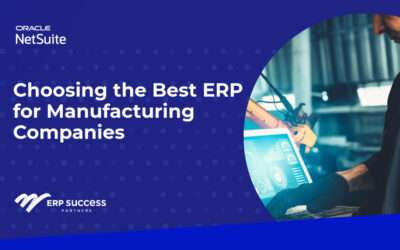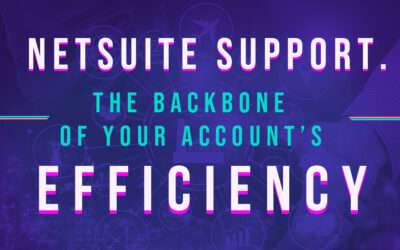Have you been on the lookout for ERP alternatives and competitors and want a reliable source? Juggling tasks can truly be tough especially if you have growing businesses. Read on as we explain all about the best ERP solution in the market, along with a list of runner-ups which streamline your work operations. From NetSuite vs Microsoft Dynamics to more, we have listed everything!
The Best ERP Competitors and Alternatives
NetSuite ERP
Winning as the top ERP solution for businesses, Netsuite is leading the way by gaining the trust of over 38,000 companies on a global base. NetSuite is a widely used ERP software that streamlines all the business operations by automating all the important operations and providing real-time insights into financial and operational performance.
- Accounting
- Financial Management
- Management of orders
- Global business management
- Warehouse and fulfillment .
- Managing supply chain and inventory
Pricing
For NetSuite ERP, you can get custom quotes depending on the services you take. Our team will guide you through choosing optional modules, calculating the number of users, and managing the core platform. Although you’ll have to pay a one-time setup fee as a user, you can also go for free trials and demos before making a purchase.
Pros:
- Comprehensive features for various business needs.
- Strong financial management, including accounting and budgeting.
- High-level security for data protection.
- Supports multiple currencies and languages for global operations.>
- Extensive third-party integrations.
Cons:
- Requires significant customization for specific business needs.
- Limited user-interface customization options.
- Limited mobile app functionality.
What Makes NetSuite Better?

- Adaptability: NetSuite can easily scale with your company, allowing different users to incorporate payroll, managing inventory, CRM, and more. It also includes free domestic entities and extra features.
- Expert in different industries: NetSuite is the perfect ERP software and works with various industries. It also helps increase the ROI and reduce risks.
- Improved Reporting and Insights: NetSuite offers flexible built-in reporting and business intelligence tools. This allows users to quickly perform operations across different records within their database.
- Support for multiple subsidiaries: NetSuite provides real-time visibility into consolidated financials for all the subsidiaries.
- Quick and easy search: NetSuite’s global search function works like Google, making it very easy and fast to find any information in the database thanks to the united structure.
Why is NetSuite Chosen Over Competitors?
NetSuite is chosen over competitors because it provides solutions based on your industry. It has deep integration capabilities which make it one of the top ERP softwares in the market. NetSuite is known to provide end-to-end ERP solutions which are tailored to the needs of your business.NetSuite vs Sage Intacct
Features:- Accounts payable and receivable
- Cash management
- General ledger
- Recognition of revenue
- Global consolidation
- Reporting multi-dimensionally
NetSuite vs Certinia
Certinia is designed as a comprehensive business platform that helps in the integration of power service operations such as delivery, customer success management, accounting, financial planning, and more.- Invoicing
- Budgeting
- Financial data tracking
- Project management
- Budgeting and forecasting
- Tracking time
NetSuite vs SAP
SyteLine is another ERP software for manufacturing designed to help manufacturers streamline their business processes. It provides a single platform that integrates and tackles several aspects of businesses, such as financial management, production management, supply and chain management, and customer relationship management. Features:- Scalable
- Customizable
- Multiple integration options
- Modular design
- Works with compliance frameworks
Pricing
The SAP pricing is based on the number of users and the types of modules required. It also includes the level of customization a business needs.NetSuite vs Workday
Workday is an ERP software which helps businesses through their cloud-based software. Now make your operations straightforward, get HR assistance, and help in finance.It is an all-in-one software solution that provides real-time visibility into operational trends and critical data. Features- Financial management
- Tracking time and attendance
- Managing human capital
- Reporting and analytics
- Wide range of integrations
NetSuite vs Plex Systems
Plex Systems is designed to assist manufacturers during production, control quality, manage inventory, maintain, and provide real-time visibility. Features:- Cloud-based
- Has a modular design
- Can be integrated with EPM and CRM systems
- Quality management control
- Business analytics and intelligence
Netsuite vs Microsoft Dynamics 365
Microsoft Dynamics 365 is a cloud-based ERP and CRM software launched in 2016 to help organizations manage their business. It includes managing operations, improving customer relationships, and driving growth. Dynamics 365 includes a wide range of applications catering to different services such as finance, marketing, sales, customer service, supply chain, and field service. Features:- Instant access to sales insights
- Mobility for service on-field
- Smart search capacity
- Can be integrated with other Microsoft products
NetSuite vs Infor
Infor Enterprise Asset Management (EAM) software is designed to help businesses manage their assets, reduce the amount of downtime, and make their maintenance processes smooth. It was founded in 2002 and has become the top enterprise software provider. They offer services to different industries including manufacturing, retail, healthcare, and hospitality. Features:- Assist in asset management
- Help in work order management
- Procurement
- Help in maintenance management
- Manage and monitor inventory
NetSuite vs Oracle Fusion Cloud ERP
Oracle Fusion Cloud ERP was founded in 1977 and provides enterprise software to different industries such as finance, healthcare, retail, and hospitality. They offer multiple features such as project management, managing and catering to risks, supply chain management, and procurement. Features:- Management of finances
- Cloud-based
- Integrations and extensibility
- Enterprise performance management
- Reporting and analytics
